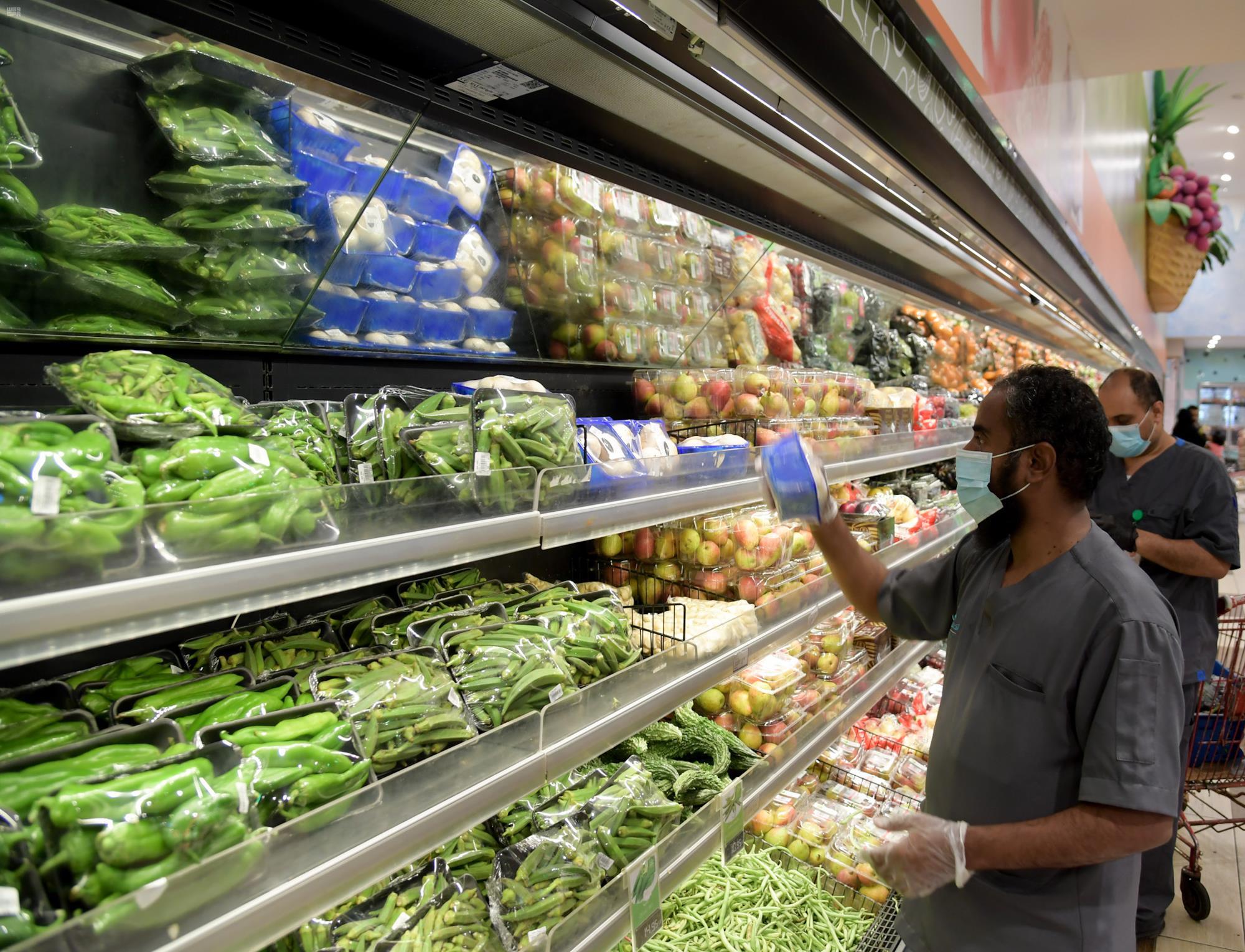Saudi Arabia is adjusting to the new realities of the Coronavirus by making strategic investments domestically and internationally into its food supply and agriculture sectors, according to reports.
As the Covid-19 outbreak began to shutter economies globally, the Kingdom introduced two initiatives worth 2.5 billion riyals ($665 million) to support farmers and facilitate food imports, Bloomberg reports, citing comments from Muneer Alsahali, general manager of the Agricultural Development Fund. “That takes the fund’s budget to 5.5 billion riyals this year, which is almost triple 2019’s amount and includes more money for overseas investments,” according to Bloomberg.
In 2014, Saudi Arabia announced that the Kingdom would rely completely on imported wheat starting from 2016, when domestic wheat production was halted due to the need to limit the use of scare water resources.

Since 2014, Saudi Arabia has adjusted its food and agriculture industry to meet the goals of greater water conservation and food security.
Since then, Saudi Arabia has patiently but steadily adjusted its food and agriculture industry to meet the goals of greater water conservation and food security. However, those plans are “being accelerated as the pandemic disrupts supply chains around the world and stirs memories of previous food-price spikes in wealthy but parched states,” Bloomberg reports.
In April, Saudi Arabia made its first purchase of wheat grown from an overseas farmland investment in Ukraine.
Out of the initiatives introduced since March, 2 billion riyals ($533 million) will go toward bank guarantees for importers of crops like rice, soybeans, corn and sugar, Alsahali told Bloomberg. About 300 million riyals ($80 million) will reach local farmers. Before the virus outbreak, the fund’s budget had already risen about 60% from a year earlier, including allocating 1 billion riyals for overseas investment, Bloomberg reports.
“We are lucky that we had the food strategy approved before the crisis and there’s good coordination among government agencies involved in food security,” Alsahali said in the Bloomberg interview this week, adding that so far there have been no major food issues. “This has helped us.”









